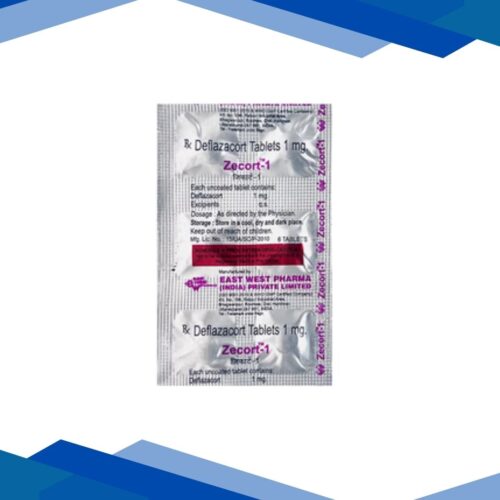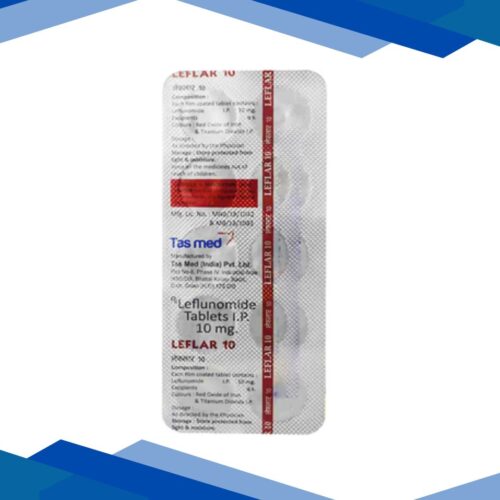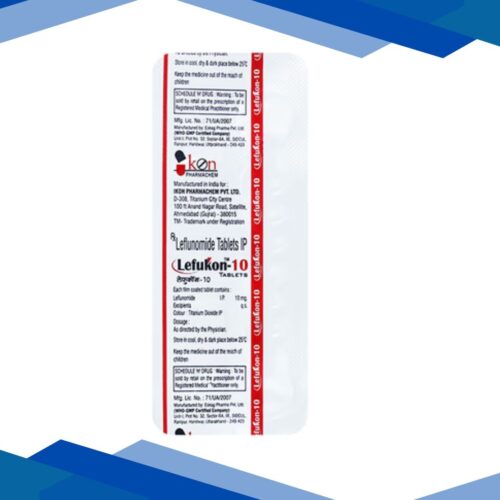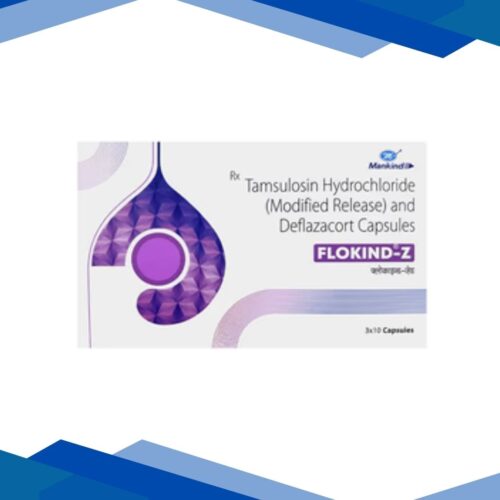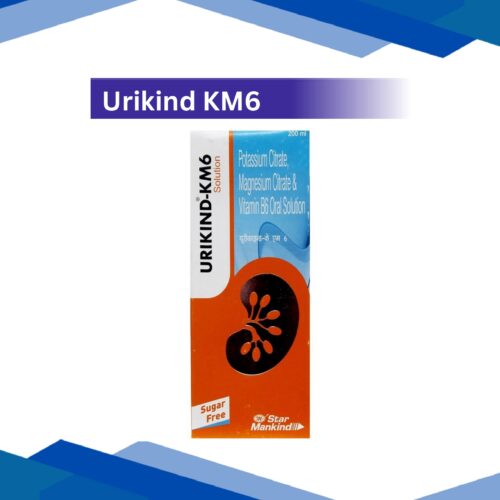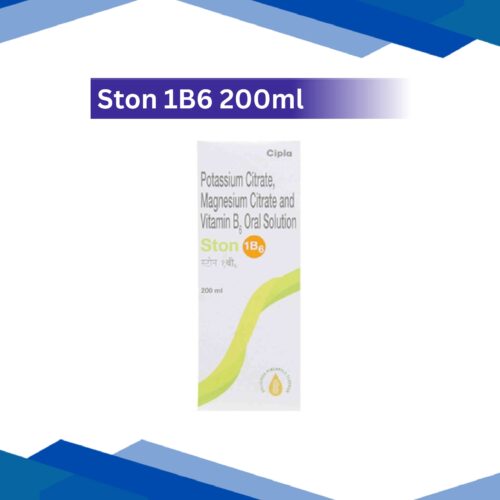FLOKIND Z Capsule 10’s
LIZERTON B6 200 ml
No Prescription yet? Don’t worry! Click Here to Get Online Consultation
Why Prescription is Required?
✅ Providing Right Medicines
Prescriptions are complex documents. We proofread and recheck at various steps to provide you the right medication in the correct form and dose.
⚖️ Helps Comply with the Law
Most medicines cannot be sold without a valid prescription, as per the Drugs and Cosmetics Act, 1940 and Rules, 1945.
Book Appointment with Doctor
Lizerton B6 Orange Flavour Sugar Free Oral Solution is used in the treatment and prevention of kidney stones and renal tubular acidosis. It works by increasing urinary pH and levels of potassium, magnesium, and citrate, helping prevent crystallization and accumulation of stone-forming salts. For more details kindly click on Medicine Salts below:
Potassium Citrate
POTASSIUM CITRATE
Overview:
Potassium citrate is a drug that assists in the urine becoming less acidic. In doing so, it prevents the production of some forms of kidney stones (such as uric acid and calcium oxalate stones) as well as treatment of diseases brought about by excess acid in the body. It acts by providing potassium and alkali-fying the urine, rendering the environment less conducive to the growth of the stones.
Classification: Urinary alkalinizer
Uses:
- Prevents and treats kidney stones (especially uric acid and calcium oxalate stones).
- Used to correct metabolic acidosis in people with chronic kidney disease.
- Used in renal tubular acidosis to correct acid-base imbalance.
- Provides potassium supplementation in people with low potassium levels.
- Reduces the risk of stone recurrence by keeping urine alkaline.
How it works:
Potassium citrate works by alkalizing the urine. After administration, it releases potassium ions (K⁺) and citrate ions. The citrate is metabolized to bicarbonate in the liver, which raises systemic and urinary pH, making the urine less acidic. This environment prevents the formation of uric acid and calcium oxalate kidney stones and helps correct metabolic acidosis. It helps replace potassium in the body, which may be low in certain kidney conditions or acid-base imbalances.
Dosage: As prescribed by your doctor.
Side Effects:
- Stomach upset, nausea, or vomiting
- Diarrhea or loose stools
- Abdominal pain or cramps
- Gas or bloating
Precautions:
Potassium citrate should be taken exactly as your doctor tells you. It’s important to drink plenty of water to help it work properly and prevent kidney stones. People with kidney problems need to be careful, because too much potassium can build up in the body. Regular check-ups for potassium levels and kidney function are important, and you should avoid taking extra potassium from other medicines or salt substitutes unless your doctor approves.
Disclaimer:This content is for informational purposes only. Always consult a healthcare provider for medical advice and proper dosage.
Pyridoxine Hydrochloride
PYRIDOXINE
Overview
Pyridoxine Hydrochloride is a form of Vitamin B6, a water-soluble vitamin that your body needs to stay healthy. It helps with brain function, nerve health, blood production, and turning food into energy. It’s often used as a supplement when your body doesn’t get enough Vitamin B6 naturally.
Classification
It is classified as a vitamin supplement — specifically, part of the Vitamin B complex group. These vitamins help support many essential functions in the body, especially the nerves, skin, and red blood cells.
Uses
Treats or prevents Vitamin B6 deficiency
Helps manage nerve-related problems (like numbness, tingling, or weakness)
Used in treatment of anemia (low red blood cells)
Often given with other medicines to prevent side effects (e.g., with TB drugs like isoniazid)
Supports brain health, improves mood, and may help reduce morning sickness in pregnancy
Helps with PMS symptoms, carpal tunnel syndrome, and certain metabolic disorders
How It Works
Pyridoxine helps the body use proteins, fats, and carbohydrates from the food you eat. It also supports the nervous system, keeps your immune system strong, and helps in making red blood cells. It plays a key role in keeping your brain and nerves working properly.
Dosage
As prescribed by your doctor.
Side effects
Usually safe when taken in recommended amounts. However, high doses or long-term use may cause:
Numbness or tingling in hands and feet
Loss of coordination or balance
Upset stomach or mild nausea
Skin rash (rare)
Extreme tiredness or headache in rare cases
Precautions
Tell your doctor if you have kidney or liver issues
Long-term high doses can cause nerve damage — always take the amount recommended
Safe for pregnant or breastfeeding women if taken as advised by a doctor
Avoid self-medicating with large doses without medical guidance
May interact with certain medications like TB drugs, epilepsy medicine, or chemotherapy
Disclaimer
This content is for informational purposes only. Always consult a healthcare provider for medical advice and proper dosage

